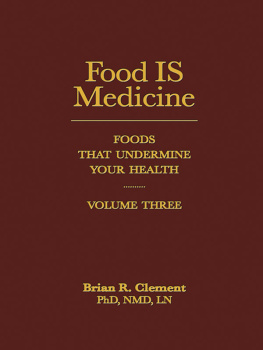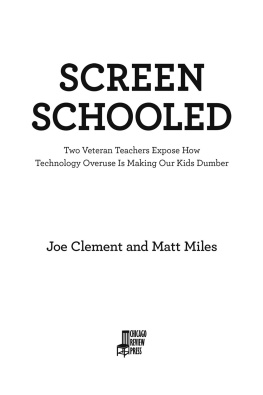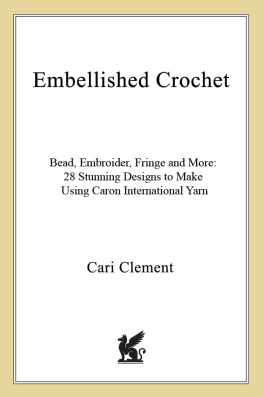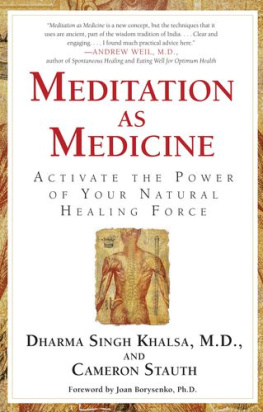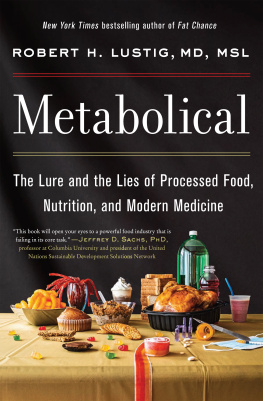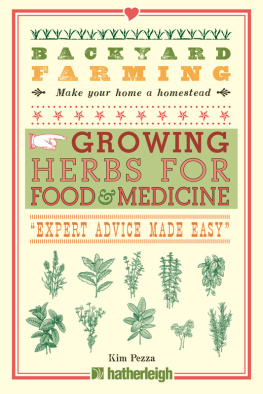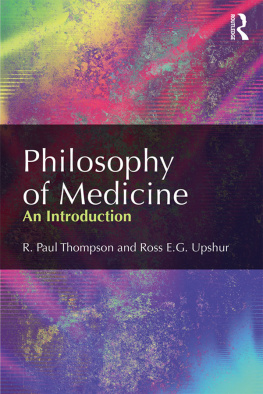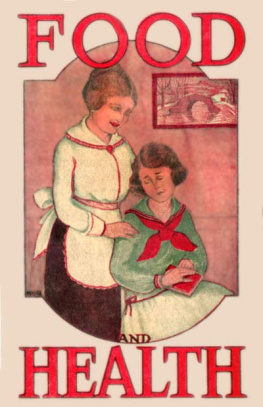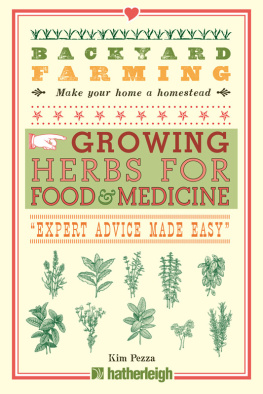Food IS Medicine
THE SCIENTIFIC EVIDENCE

VOLUME ONE
Brian R. Clement, PhD, NMD, LN


2012 Brian R. Clement
No portion of this book may be reproduced by any means whatsoever, except for brief quotations in reviews, without written permission from the publisher. All rights reserved.
Published by
Hippocrates Publications
a division of Book Publishing Company
P.O. Box 99
Summertown, TN 38483
888-260-8458
www.bookpubco.com
ISBN 978-1-57067-274-3
18 17 16 15 14 13 12 1 2 3 4 5 6 7 8 9
Library of Congress Cataloging-in-Publication Data
Clement, Brian R., 1951
Food is medicine : the scientific evidence / Brian R. Clement.
p. cm.
Includes bibliographical references and index.
ISBN 978-1-57067-274-3 (pbk.)
1. Diet therapy. 2. Nutrition. 3. Vegetarianism. 4. Naturopathy. I. Title.
RM216.C57645 2011
615.8'54--dc23
2011036094
Printed on recycled paper
Book Publishing Company is a member of Green Press Initiative. We chose to print this title on paper with 30% post consumer recycled content, processed without chlorine, which saved the following natural resources:

| 10 trees
293 pounds of solid waste
4,621 gallons of water
1,025 pounds of greenhouse gases
4 million BTU of energy | 
|
For more information on Green Press Initiative, visit www.greenpressinitiative.org . Environmental impact estimates were made using the Environmental Defense Fund Paper Calculator. For more information visit www.papercalculator.org .
Table of Contents
Introduction
Food IS Medicine: The Scientific Evidence represents my three-volume contribution to public education about the nutritional science of how disease prevention and increased longevity can be achieved by proper food choices.
During the past several decades, my work in the health field has focused on the fundamental role that nutrition and unprocessed, unheated, plant-based foods play in the process of disease recovery and prevention. Directing the Hippocrates Health Institute has afforded me the opportunity to conduct clinical research that has produced persuasive evidence to support the words of Hippocrates, the ancient Greek and father of Western medicine, Let food be thy medicine and medicine be thy food.
Modern health science at some point in the 20th century estranged itself from a simple and practical truthnatural, organic fruits and vegetables in their raw state possess disease prevention and healing properties. Forgetting that the human bodys cells require continuous nourishment to function and thrive has been one of the most abominable mistakes made in Western medicines attempts at providing health care.
During the Institutes early days in the mid-20th century, we were enigmas in the world of futuristic science. We saw little support for our basic concepts and our prescription for healthy lifestyles coming from within the nutritional science departments of academia or among conventionally trained physicians.
As the 1980s drew to a close, there was a slight shift in the research communitys traditional apathy about nutrition. Then the 1990s revived serious interest until now, well into the 21st century, there have been tens of thousands of medical science studies performed worldwide that affirm the results of our own half-century of clinical research.
We can now present in one place the collected wealth of science data that clearly demonstrates in fact that the most important ingested medicine comes from the very food we consume. We are giving this im- portant information to you in a three-volume series highlighting the most noteworthy and provocative studies we have amassed.
This may well be the most comprehensive database ever assembled showing the health benefits of specific foods and nutrients, and the dangers to health posed by other foods, based on a chronological listing of relevant scientific medical studies.
Volume one comprises five chapters covering the following topics: phytochemicals in food and their health-creating properties; the importance of nutrient synergies to human health; the health benefits of calorie restrictive diets and fasting; the nutrient retention and health benefits of raw foods as opposed to cooked or processed; the nutrient superiority of organic fruits and vegetables to non-organic.
Volume Two is titled Edible Plant Foods, Fruits, and Spices from A to Z: Evidence for Their Healing Properties, and features more than fifty fruits, vegetables and spices, from marine algae to wheatgrass, listing hundreds of research studies that have affirmed their usefulness in treating or preventing dozens of health problems from cancer and diabetes to hypertension, ulcers, and wound healing.
Volume Three highlights the extensive scientific data showing the disease-causing unhealthy foods, from meat and dairy products to sugar and other additives, along with their toxin-producing cooking practices, and how they are often the underlying culprits in sparking health problems in people of all ages.
Although Food IS Medicine does not resemble a typical book written in a conversational manner, it is easy-to-read science portrayed in a way that both the layperson or consummate food and nutrition professional can appreciate. The key finding of each study is summarized. These studies are presented chronologically so the reader can grasp the evolution of findings and theories about the health impacts of various nutrients and foods. Tens of thousands of scientific medical studies conducted over a period of eight decades in dozens of countries were examined to bring you the most important three thousand or so in these three volumes.
Let us hope that this contribution once and for all silences the skeptics and ultimately helps to change the dietary patterns of future generations. Not many years ago, a colleague of mine remarked, We are digging our grave with a knife and fork. The overwhelming data presented in these three volumes supports that analogy 100 percent.
CHAPTER ONE
The General Health Benefits of Phytochemicals in Foods
THROUGHOUT HUMAN HISTORY, our species has instinctually known that food was not only for sustenance, but had the power to protect and enhance health. Much of the evidence for this idea, which took root in ancient cultures, was intuitive or based on observations of what animals in the wild ate when sick. It was also grounded in observations about the results of long-term trial and error as generations of humans experimented with foods and herbs to tap their healing powers.
In the late 18th century, British ships began carrying citrus fruit on ocean voyages for sailors to consume. It was hoped that the fruit would prevent deadly scurvy. It did. No one knew at the time that a substance in citrus fruit, vitamin C, was responsible for this preventative effect. It wasnt until vitamin C was actually discovered, which is to say isolated, in a laboratory in 1933 that the intuition and observations of the 18th-century British mariners were affirmed by science.




